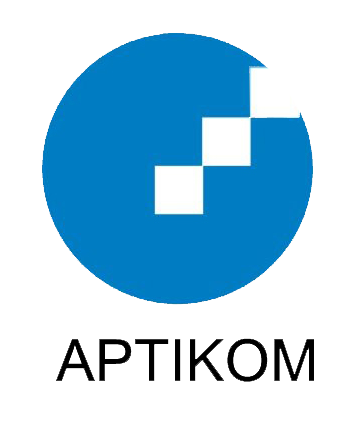Digital Humanities: Community Participation in the Balinese Language Digital Dictionary
Abstract
In recent years, the capability of Balinese people to write and speak their mother tongue has declined significantly among the younger generations because of the growing influence and adoption of the national language, Bahasa Indonesia. It has spread rapidly among Balinese youth because it is considerably more straightforward than the Balinese language and is free of caste regulations. In this paper, we present the details of our digital humanities preservation research dealing with the Balinese language. We utilize community-based crowdsourcing to participate in expanding and enriching the BASABali Wiki digital dictionary in the form of an online competition. Ninety-six participants in 24 groups participated in our study, and their contribution populated 2686 new unique sentences to the BASABali Wiki digital dictionary. We also discuss the procedures employed to evaluate the digital dictionary: to receive feedback on the digital dictionary system and our approach to acquiring the knowledge of the community.
Downloads
Copyright (c) 2020 Jurnal Sistem Informasi (Journal of Information System)

This work is licensed under a Creative Commons Attribution-ShareAlike 4.0 International License.
Authors who publish with this journal agree to the following terms:
- Authors retain copyright and grant the journal right of first publication with the work simultaneously licensed under a Creative Commons Attribution License that allows others to share the work with an acknowledgement of the work's authorship and initial publication in this journal.
- Authors are able to enter into separate, additional contractual arrangements for the non-exclusive distribution of the journal's published version of the work (e.g., post it to an institutional repository or publish it in a book), with an acknowledgement of its initial publication in this journal.
- Authors are permitted and encouraged to post their work online (e.g., in institutional repositories or on their website) prior to and during the submission process, as it can lead to productive exchanges, as well as earlier and greater citation of published work (See The Effect of Open Access).








